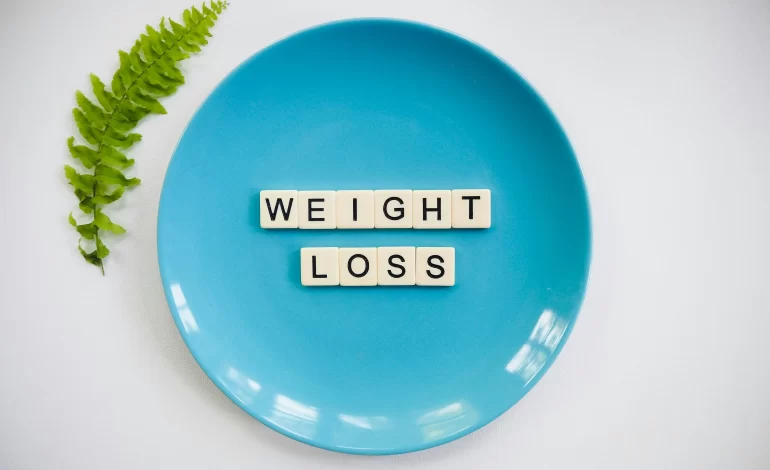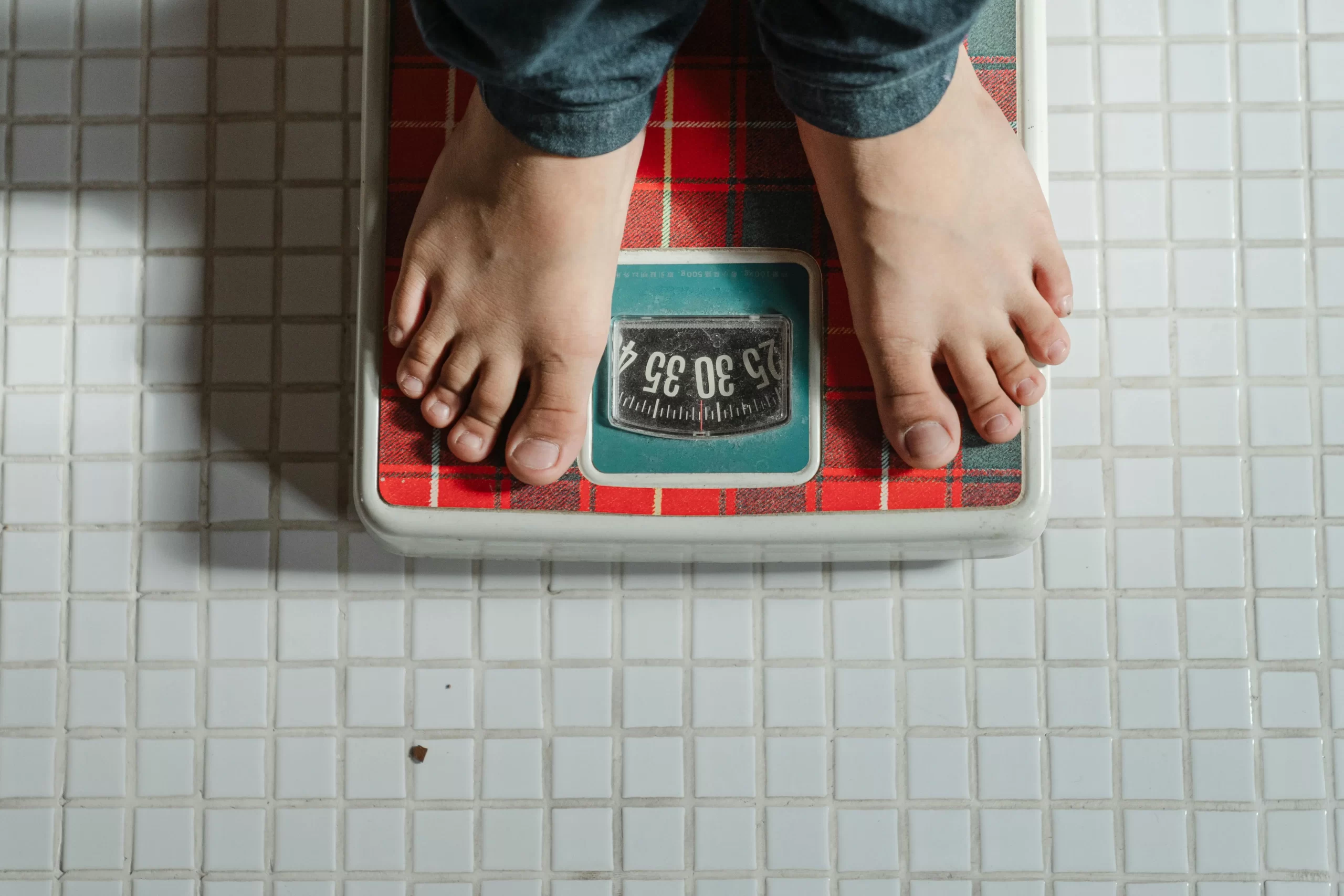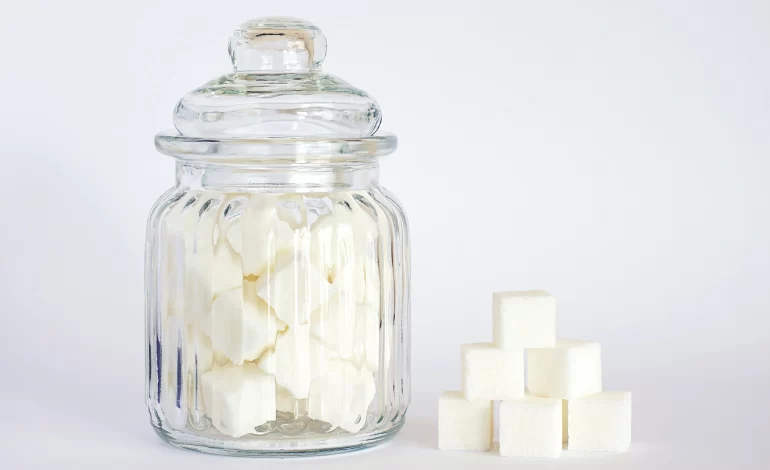
Shedding weight quickly can be tempting, especially with a big event on the horizon. Crash diets promising rapid weight loss may seem like a magic bullet, but are they realistic or healthy? Let’s explore a sample 5-day plan for rapid weight loss and delve into the science of safe and sustainable weight management.
Can You Lose 5kg in 5 Days?

Losing 5kg (11 pounds) in just a week is a significant amount. While some might achieve this through extreme measures, it’s generally not recommended. Here’s why:
- Extreme Calorie Deficits: Losing 1kg per day requires a deficit of 3500 calories. This is very difficult to achieve and maintain safely.
- Unsustainable and Restrictive: Crash diets are often low in calories and variety, making them difficult to follow long-term. This can lead to nutrient deficiencies and rebound weight gain.
- Loss of Muscle Mass: Rapid weight loss often includes the loss of lean muscle tissue, which can slow metabolism and hinder future weight loss efforts.
Sample 5-Day Rapid Weight Loss Plan:
This plan is for informational purposes only and shouldn’t be followed without consulting a doctor. It highlights the restrictive nature of crash diets:
- Day 1: Low-calorie intake (around 1200 calories) focusing on fruits, vegetables, and lean protein.
- Day 2: Further calorie reduction (around 1100 calories), with a focus on lean protein and healthy fats.
- Day 3: Introduction of complex carbs like brown rice, with continued calorie restriction.
- Day 4: Focus on lean protein and vegetables, with increased activity levels.
- Day 5: Similar calorie intake to Day 1, with a balanced meal plan.
Potential Risks of Crash Diets:
- Dehydration: Low fluid intake can lead to dehydration, fatigue, and headaches.
- Nutrient Deficiencies: Restrictive diets may not provide essential vitamins and minerals.
- Muscle Loss: Rapid weight loss can lead to the loss of lean muscle, which can slow metabolism.
- Gallstones: Crash diets can increase the risk of developing gallstones.
- Rebound Weight Gain: Restrictive diets are often unsustainable, leading to weight regain after the diet ends.
Sustainable Weight Loss Strategies:
Here’s how to approach weight loss in a healthy and sustainable way:
- Focus on a Balanced Diet: Include fruits, vegetables, whole grains, lean protein, and healthy fats in your meals.
- Portion Control: Practice mindful eating and pay attention to portion sizes.
- Regular Exercise: Aim for at least 150 minutes of moderate-intensity exercise per week.
- Quality Sleep: Strive for 7-9 hours of sleep each night.
- Manage Stress: Chronic stress can contribute to weight gain. Find healthy ways to manage stress, like yoga or meditation.
Remember:
- Aim for gradual weight loss of 0.5-1kg per week.
- Consult a doctor or registered dietitian for personalized guidance.
- Focus on long-term healthy habits, not quick fixes.
CoolSculpting: A Non-Surgical Option
CoolSculpting is an FDA-cleared procedure that uses controlled cooling to freeze and eliminate fat cells in targeted areas. It’s not a weight-loss solution but can address stubborn fat pockets resistant to diet and exercise. It’s most effective for people who are already at a healthy weight.
Conclusion:
Crash diets may offer a quick drop on the scale, but they come with potential health risks and are unlikely to lead to lasting weight loss. By focusing on a balanced diet, regular exercise, and healthy lifestyle habits, you can achieve sustainable weight management and improve your overall health.



